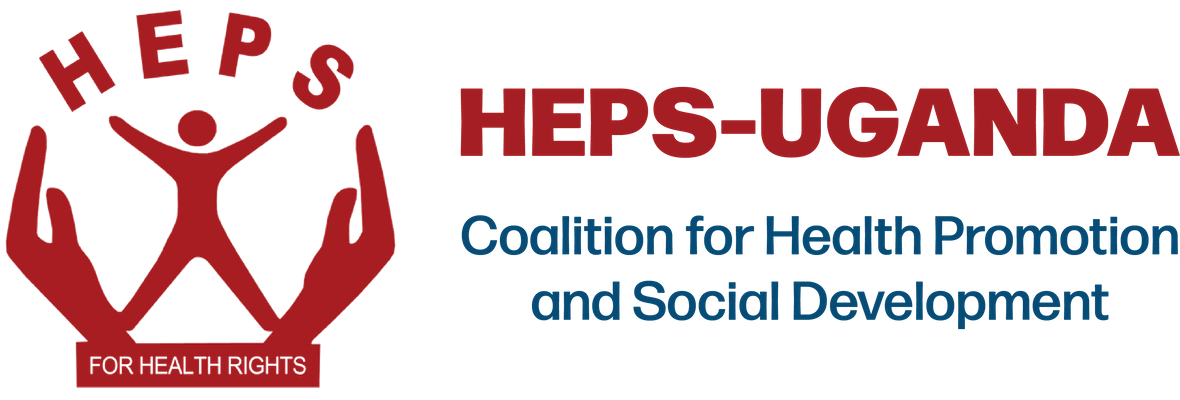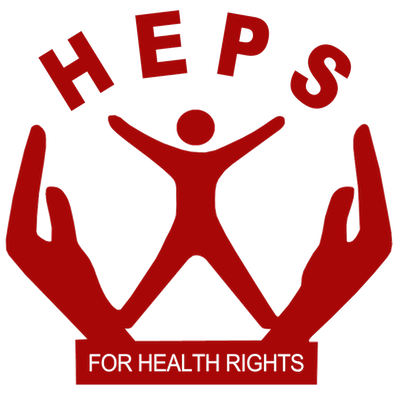FIND, the global alliance for diagnostics and Unitaid are investing US$2 million in a coordinated advocacy programme spanning 19 low- and middle-income countries (LMICs) designed to boost access and uptake of COVID-19 tests and treatments.
A total of 21 organizations with a diverse range of healthcare expertise have been selected from more than 300 applicants, following a request for proposals (RFP) and competitive selection process that included assessment by a panel of independent reviewers. Criteria for funding included previous public health advocacy experience and the expected impact of test-and-treat advocacy in the targeted region.
FIND co-leads the Access to COVID-19 Tools (ACT) Accelerator Diagnostics Pillar, while Unitaid co-leads the Therapeutics Pillar. The Diagnostics Pillar’s Country Support Working Group, led by UNICEF, includes an Advocacy, Communications, and Community Engagement (ACCE) Task Force (co-led by CHAI and UNICEF), which supports test-and-treat advocacy. This initiative follows the independent ACT-Accelerator strategic review that was published in October 2021, as well as calls from civil society, which both highlighted the need for increased inclusion and meaningful engagement of LMICs, regional bodies, and civil society organizations, and community representatives in the COVID-19 response. Funded activities will provide avenues for stronger involvement of these key stakeholder groups in COVID-19 test-and-treat approaches.
Projects range in duration from 6 to 18 months and will raise awareness of COVID-19 testing and treatment among the public, key opinion leaders, and specific high-risk and vulnerable groups.
Besides HEPS Uganda, other selected partners include Mhair Educational, Health and Human Rights Organization (Afghanistan), Family Planning Association of Bangladesh (Bangladesh), IMAG Communication (Burkina Faso), Maison des Associations de Lutte Contre le Sida (Burkina Faso), Health Poverty Action Cambodia (Cambodia), Caritas Développement Mbujimayi (the Democratic Republic of the Congo), TB Alert India (India), Pi Consulting (India), Kenya AIDS NGOs Consortium (Kenya), Health Poverty Action Laos (Laos), Caritas Lesotho (Lesotho), ESTAMOS (Mozambique), REDTRANS (Nicaragua), Shifa Foundation (Pakistan), Media for Deaf Rwanda (Rwanda), South Sudan Community Change Agency (South Sudan), Sikka (Tanzania), Université Mahmoud El Materi (Tunisia), Zambia Interfaith Working Group (Zambia), and Pan- African Treatment Access Movement (Zimbabwe).
Bill Rodriguez, CEO of FIND, says: “We have the tools to defeat this pandemic, but in many areas of the world they are still not accessible to those who need them. Armed with learnings from the fight against HIV, we know that impact is best achieved when communities are empowered to advocate for patients to receive timely and appropriate test-and-treat services.”
Philippe Duneton, Executive Director of Unitaid, says: “We now have treatment options that can prevent hospitalizations and deaths for those at high risk of developing severe or critical COVID-19. Timely deployment of adequate tests and treatments in low-resource settings, especially for the people at risk of severe cases, will be key in the response to the pandemic. And supporting civil society organizations and communities, at the heart of this endeavor, is crucial for its success.”
Alexandre Costa, Senior Health Advisor at UNICEF and a co-lead of the ACCE Task Force, says: “While we have greater innovations in diagnostics for COVID-19, we are faced with a global decrease in testing rates and persisting challenges around equitable access. Testing is a key element of the response, and the best tool we have to detect outbreaks early, reduce transmission and limit the social and economic impact. Engaging communities in LMICs in a test and treat approach brings us closer to our shared goal of more equitable access.”
Renuka Gadde, Senior Advisor for Global Diagnostics at CHAI and co-lead of the ACCE Task Force, says: “Testing is critical to prevent outbreaks and end the pandemic, yet it is still not regularly occurring in many low- and middle-income countries. Working with governments and communities, we can help drive understanding based on countries’ unique needs to reduce bottlenecks and ensure that tests are not only available but are regularly conducted.”
Carolyn Gomes, the civil society representative to the ACT-Accelerator, says: “Financial resources are absolutely essential to the sustained mobilization of community and civil society organizations toward any disease response, with these grants providing a crucial boost to efforts to advance COVID test and treat awareness and advocacy strategies. The ACT-A community and civil society representatives of the diagnostics and therapeutics pillars applaud Unitaid and FIND’s recognition of the essential role of the local community and civil society participation in health literacy and dialogue on public health policy, as well as the importance of community and civil society awareness and mobilization to maximizing equity of and access to public health interventions.”
This work complements a previously announced investment by FIND and Unitaid of US$50 million, which addresses inequities in access to COVID-19 testing and treatment, as well as supporting the early adoption of comprehensive, effective, and safe care packages for people with COVID-19. More recently, at the Second Global COVID-19 Summit, the Global Fund, USAID, and Unitaid, together with FIND and other ACT- Accelerator partners, announced more than US$120 million to support test-and-treat implementation with locally-led solutions in over 20 low-and middle-income countries.
Kenneth Mwehonge, the HEPS Executive Director says this is a timely project in Uganda and in different other countries. “We are observing worrying trends of increasing Covid-19 positive cases in different countries, especially in the global south including Uganda. Unfortunately, global south countries are also performing below average in vaccine uptake and testing. Covid vaccines are safe and an effective way to save millions of people, but we must get as many people as possible vaccinated. Global response to the Covid pandemic is stronger today than ever before. It is now time to scale up public sensitization, demystify myths and misconceptions about Covid vaccines and mobilize people to go for vaccination.” He observes
Under this project, HEPS will develop a COVID-19 testing landscape assessment focusing on financing, procurement, and supply chain for COVID-19 diagnostics to assess public awareness of tools and attitudes around COVID testing, treatment, and vaccination. Findings will be disseminated and communication and advocacy strategies will be created. Coalition-based advocacy and accountability will improve CSOs’ ability to advocate government and district officials to ensure a “test and protect” approach to COVID.
As of mid-June, less than 25 percent of Uganda’s population had been fully vaccinated, according to the Ministry of Health.







